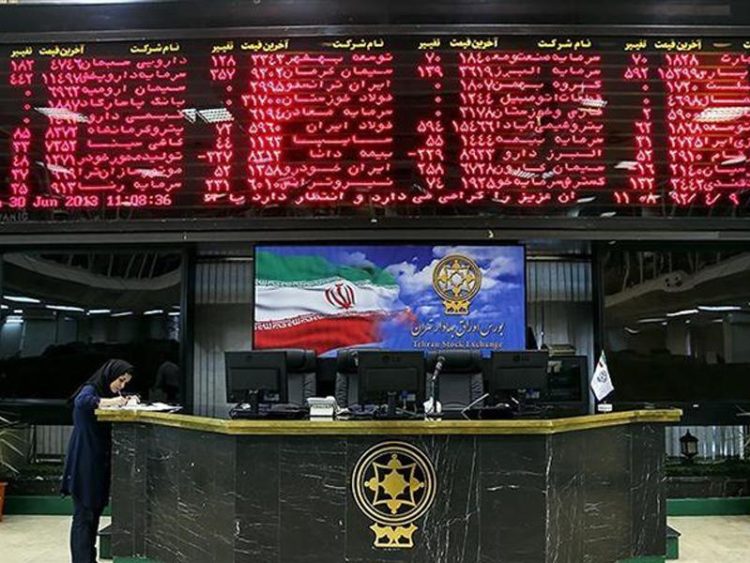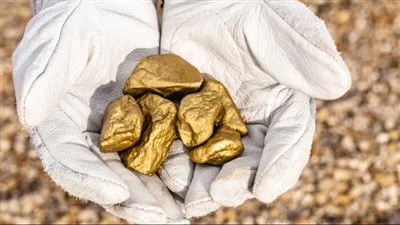Publisher: Maaal International Media Company
License: 465734
Iranian Stock Exchange suspended, oil extends rise after president’s helicopter crash
اقرأ المزيد
Iranian Stock Exchange Authority revealed that the Tehran Stock Exchanges, Food and Energy Exchanges suspended their operations on Monday, following the deaths of Ibrahim Raisi, the Iranian President, and Hossein Amir Abdollahian, the Iranian Foreign Minister, and their accompanying delegation, following a helicopter crash. Meanwhile, Reza Aywadlou, a member of the stock exchange’s board of directors, explained that the stock exchange will be closed today and the next few days until official notification, according to Iranian news agencies.
On the other hand, oil prices continued to rise and continue their gains following the death of the President and Foreign Minister of Iran, the largest oil producer in the world. According to Reuters, Brent crude rose 0.35% to $84.27 per barrel, recording its highest levels since May 10th, and US West Texas Intermediate crude rose 0.3% to $79.81 per barrel, at its highest levels since May 1st.
Futures contracts for June delivery expire tomorrow, Tuesday, and West Texas Intermediate crude contracts for July delivery were traded up 0.1% at $83.75 a barrel. Brent ended the previous week up by about 1%, its first weekly gain in 3 weeks, while West Texas Intermediate crude rose 2% thanks to improved economic indicators from the United States and China, the world’s largest oil consumers.
Despite the volatility in the region, oil prices moved only slightly. “The oil market is still without any new catalyst,” said Warren Patterson, head of commodities strategy at ING. “We will have to wait until the picture becomes clearer regarding OPEC Plus’ production policy to exit this range, as the market appears to be increasingly uninterested in developments on the geopolitical front.” This is likely due to the large amount of spare capacity that OPEC possesses.”
During the era of Ebrahim Raisi, the Iranian president, the performance of the economy varied between positive and negative paths. The growth of the index of listed companies increased by 6.7%, and during Raisi’s rule, Iran recorded a jump in the export of crude oil and gas condensates, reaching the record for the highest export quantity since the beginning of the sanctions against it.
The largest railway project in the south and southeast of the country (Zahedan-Kash Railway), was inaugurated. This railway, which had been planned since 2009, was inaugurated in November of this year, and led to the construction of the Chabahar-Zahedan railway, as the largest project. The country’s railways provided job opportunities for 3,400 people directly and 6,000 people indirectly in Sistan and Baluchestan.
Iran recorded the lowest unemployment rate in the summer of 2023, and a review of the summer unemployment rate for previous years shows that this year’s summer unemployment rate is the lowest in 17 years, as an increase of 374 thousand jobs was recorded compared to the summer of last year.
Iran has also achieved growth in the export of liquefied gas, and according to customs statistics, as of January 10, 2023, Iran’s total income from the export of liquefied gas was more than $6.8 billion, an increase of 86% compared to the same period of the previous year.
On the other hand, the Iranian riyal fell in March 2023 to its lowest levels against the dollar, recording 613,500, and data from the Statistics Center in Iran indicate that GDP growth in Iran recorded 7.9% in the spring of 2023, but it fell to 7.1% in the summer and reached 5.1% in the quarter. The last one from last year. International organizations estimate that these rates are likely lower than the truth.








